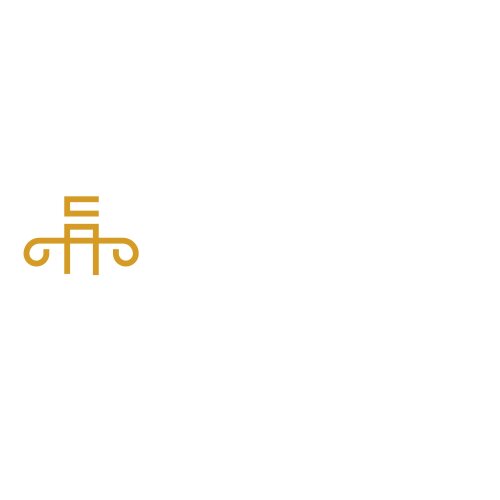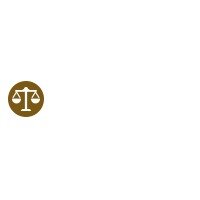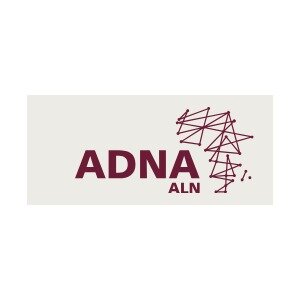Best Employer Lawyers in Morocco
Share your needs with us, get contacted by law firms.
Free. Takes 2 min.
Or refine your search by selecting a city:
List of the best lawyers in Morocco
Morocco Employer Legal Questions answered by Lawyers
Browse our 1 legal question about Employer in Morocco and read the lawyer answers, or ask your own questions for free.
- Labour law
- Can an employer mention only the gross salary in a contract of his employee in Morocco without specifying the net salary
-
Lawyer answer by Nomos Legal Practice
Hello and thank you for contacting SK Solicitors, a full service law firm based in Lagos, Nigeria. Kindly let us know how we can help you to solve your legal needs and before we can render legal advice service, you...
Read full answer
About Employer Law in Morocco
Employer law in Morocco is primarily governed by the country's Labor Code, which regulates the relationship between employees and employers. This includes aspects such as employment contracts, wages, working conditions, health and safety, and labor disputes. The Moroccan Labor Code aims to provide a legal framework that ensures fair treatment and protection for workers while also safeguarding the interests of employers. Compliance with these laws is essential to foster a balanced and productive work environment.
Why You May Need a Lawyer
There are several situations where individuals might need legal advice in the realm of employer law in Morocco:
- Disputes Over Employment Contracts: Disagreements regarding the terms and conditions of employment contracts can lead to legal challenges.
- Unfair Dismissal Claims: Employees who believe they have been unjustly terminated may seek legal recourse to challenge the dismissal.
- Workplace Discrimination and Harassment: Legal support might be necessary for cases involving discrimination or harassment at the workplace.
- Wage and Hour Disputes: Discrepancies in wage payments or working hours can result in legal disputes that require professional legal assistance.
- Compliance with Labor Regulations: Employers may need guidance to ensure they are in compliance with local labor laws.
Local Laws Overview
Here are some key aspects of local laws regarding employer responsibilities in Morocco:
- Employment Contracts: Must clearly outline terms such as job description, work hours, remuneration, and duration.
- Minimum Wage: Employers must adhere to the national minimum wage standards set by the government.
- Working Hours: The standard workweek is 44 hours, and employers must pay overtime for additional hours worked.
- Termination of Employment: Employers must comply with procedures for termination, including notice periods and severance pay when applicable.
- Health and Safety: Employers are responsible for providing safe and healthy working conditions.
- Dispute Resolution: Labor disputes are typically handled by specialized labor courts.
Frequently Asked Questions
What is the minimum wage in Morocco?
The minimum wage in Morocco is periodically updated by the government. Employers must ensure they pay their employees at least the minimum wage applicable at the time.
What are the standard working hours in Morocco?
The standard working hours in Morocco are 44 hours per week, typically spread over six days. Any additional hours worked are subject to overtime pay.
How is overtime calculated?
Overtime is typically calculated at a higher pay rate than regular hours, often at 125% for the first 8 hours of overtime per week and 150% beyond that.
What are the legal requirements for terminating an employee?
Terminations must follow legal procedures, including providing notice, valid reasons for dismissal, and any applicable severance pay, depending on the circumstances.
Are employers required to provide health insurance?
Employers are generally required to contribute to the social security system, which provides health and other benefits to employees.
What constitutes fair termination?
Fair termination typically involves adherence to contractual terms, legal notice periods, and valid reasons such as performance issues or organizational changes.
How can employees address workplace harassment?
Employees should report harassment to their employer, who is then obligated to conduct a thorough investigation. Legal action may also be pursued if necessary.
Is there protection against discrimination in the workplace?
Yes, Moroccan labor law prohibits discrimination based on race, gender, religion, and other categories, and provides frameworks for addressing such issues legally.
What are the procedures for resolving labor disputes?
Labor disputes are generally addressed through mediation or arbitration, and can also be escalated to labor courts if necessary.
How can I ensure my business complies with labor laws?
Employers should regularly consult with legal professionals and stay informed about updates in labor law to ensure compliance.
Additional Resources
Here are some resources and organizations that might be helpful:
- The Ministry of Labor and Professional Integration: Offers guidance and clarification on labor laws and regulations.
- Labor Unions: Provide support and advocacy for workers' rights.
- Legal Aid Clinics: Offer legal advice and assistance for those who may not afford private legal services.
- Chambers of Commerce: Can serve as a resource for employers regarding compliance and best practices.
Next Steps
If you require legal assistance regarding employer-related issues in Morocco, consider taking the following steps:
- Consult a reputable labor law attorney who can provide specialized advice tailored to your situation.
- Gather all relevant documentation, such as employment contracts, correspondence, and any previous legal papers.
- Consider attending informational workshops or seminars hosted by legal professionals or labor organizations.
- Stay informed about any changes in labor law that might affect your situation.
Seeking timely legal advice can help protect your rights and interests, whether you are an employer or an employee navigating the complexities of labor law in Morocco.
Lawzana helps you find the best lawyers and law firms in Morocco through a curated and pre-screened list of qualified legal professionals. Our platform offers rankings and detailed profiles of attorneys and law firms, allowing you to compare based on practice areas, including Employer, experience, and client feedback.
Each profile includes a description of the firm's areas of practice, client reviews, team members and partners, year of establishment, spoken languages, office locations, contact information, social media presence, and any published articles or resources. Most firms on our platform speak English and are experienced in both local and international legal matters.
Get a quote from top-rated law firms in Morocco — quickly, securely, and without unnecessary hassle.
Disclaimer:
The information provided on this page is for general informational purposes only and does not constitute legal advice. While we strive to ensure the accuracy and relevance of the content, legal information may change over time, and interpretations of the law can vary. You should always consult with a qualified legal professional for advice specific to your situation.
We disclaim all liability for actions taken or not taken based on the content of this page. If you believe any information is incorrect or outdated, please contact us, and we will review and update it where appropriate.
Browse employer law firms by city in Morocco
Refine your search by selecting a city.

















